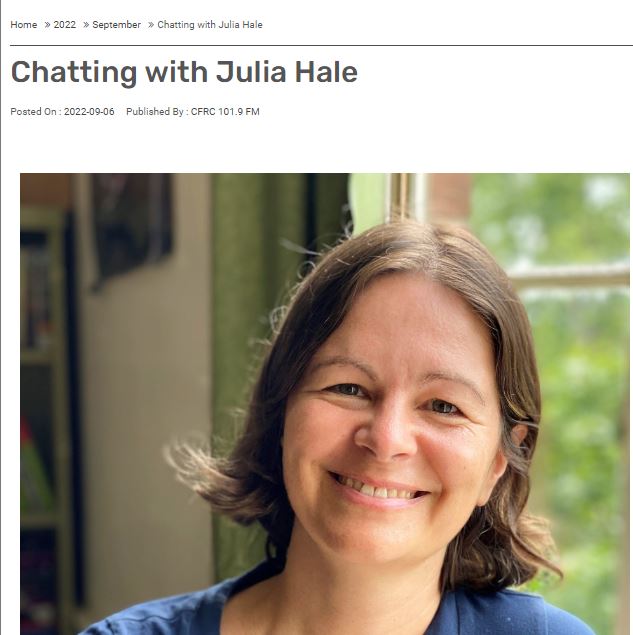A Real Beginning…

Well, I am on the train on my way to Toronto for a conference to kick off the TLLP grant. We have gotten some money to try out some “retrain your brain” programs in the school. I feel like this might be the real beginning of a pretty special journey.
I am so hopeful…could we facilitate real, long term changes for kids who struggle with learning? At the very least can we really talk about growth mindset as a real and “actionable” thing and not a vague theory?
You know, we never say to a stroke patient: We are sorry for you, you will never use the left side of your body again, but we will “accommodate” you with a wheel chair and a nurse. Instead we say things like: It will be hard work and take a long time but your brain can learn to move your body again. How is it any different for students who struggle with learning? If part of your brain is weak can it not be exercised and strengthened? Can the neural functions that are slow not be “farmed out” to other parts of the brain that are stronger? I think that current neurology says yes, We just need to know what exercises to do.
I signed up for my Masters because I wanted a resource for my students, and it doesn’t exist. I want a guide book, tied to the WISC test, which lists a series of common learning functions and what exercises can be done to strengthen the part of the brain that does that learning function. For example – if I have a student who is intellectually strong in all areas except processing speed – there has to be a way for them to exercise their processing speed and improve in that area. When we accommodate we are putting that student in a “wheel chair” and asking them never to push themselves and grow in that area of their learning. I will never say that “wheel chair” accommodations may not be necessary to get from A to B today (or to get through next classes’ math test) but in the long run, we have to provide some solutions and hope for these students.
Am I wrong?




Recent Comments